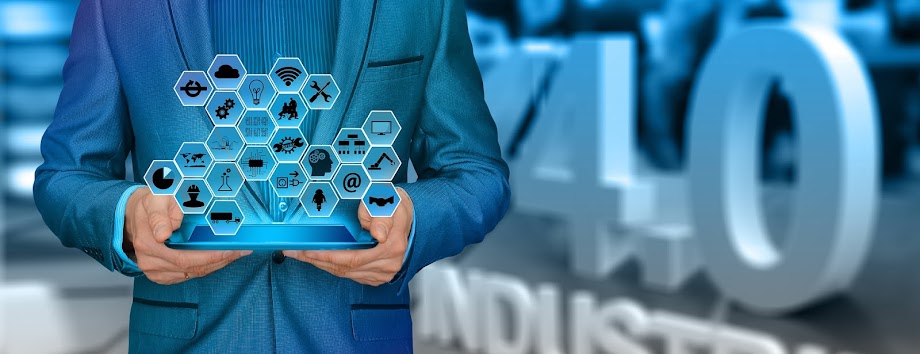Artificial Intelligence: Shaping the Future of Marketing
With the paradigm shift in digital connectivity and technological advancement, the way of conducting a business is evolving rapidly. Business firms are looking for an integrated approach to market their products in a digitally empowered platform along with a brick and mortar store. Artificial intelligence, machine learning, Internet of Things (IoT) etc are already transforming the technological landscape with a considerable scale. Be it FMCG or Healthcare or automobile industry, the essence of enriching the customer experience prevails on gathering the data to understand the interaction with the product and strategizing the plans to reach out the right customer at a right time.
In traditional marketing, measuring the conversion of any marketing activities is always counterfactual. But nowadays, marketers can monitor almost every interaction through the cybernated involvement with modern day gadgets and applications. To understand such huge data on customer interaction and draw a meaningful pattern is very important in an intensively competitive environment.
Artificial intelligence is broadly dealing with the process of making intelligent machines which are capable of solving problems. At its core, machine learning is paving a new way for building those problem-solving abilities in technological systems. With machine learning, computers can be programmed to learn and interpret the theoretical aspects with a base of stringent guidelines. In this way, the modern day systems are so intuitive to find the pattern and mould suitable strategies to yield maximum conversion.
To leverage the optimum conversion from each marketing activities and enriching the customer experience, the business firms are taking help of artificial intelligence. Let’s explore some of the examples to understand the usability of AI in modern day marketing.
Campaign Targeting
With the help of AI, marketers can filter customer interests, interaction with similar products to trace the characteristics of the customer. Accordingly, the campaigns are targeted on various communication networks on a real-time basis. Also, it helps in formulating the dynamic pricing on the basis of impressions and clicks. Dynamic airfare can be sited as a premium example. Similarly, after identifying typical attributes of potential customers, the marketing activities can be automated through programmatic advertising.
Simple and Accurate Forecasting
AI enabled systems helped to minimize the gap by moving far past human limitations to consume and analyze data on a large scale. It added an extra edge to business intelligence to analyze data of a high volume and high veracity at a speed and accuracy better than any human. Analyzing and predicting the market fluctuations are becoming way easier. Meaningful insights are derived by programming the systems to respond to change indicators and thereby strategize with minimal human interference.
Be it text or voice recognition through smart gadgets or enabling chatbots to ensure faster customer interaction, the role of artificial intelligence is helping marketers to achieve better business outcomes. The biggest and most prominent example of artificial intelligence is experienced in search engine prediction which covers a major portion of digital marketing. With the help of AI, businesses are enabling themselves to provide the personalized and enriched user experience. The personalized user interface of e-commerce platforms, shopping recommendations etc are some of the most common examples.
Even marketers are looking for building smart appliances like television and refrigerators which are empowered by artificial intelligence. For example, an artificial intelligence-enabled refrigerator can inform you about the chocolate or any other products of your choice when to buy and from where to buy on a real-time basis. According to a recent press release, Samsung is going to launch advanced home appliances which are integrated artificial intelligence to ease out day-to-day problems. Such advanced appliances are not only helping the customers but also to the marketer to get the information about the potential customer, how the existing customers are interacting and so on.
Undoubtedly, the future of marketing is going to be exciting with the introduction of more and more intuitive technologies. The opportunities are enormous and marketers should be ready to encompass new experiences and reinvent existing products to sustain in this competitive environment.
NOTE: The views expressed here are those of the author's and not necessarily represent or reflect the views of DoT Club as a whole.
NOTE: The views expressed here are those of the author's and not necessarily represent or reflect the views of DoT Club as a whole.





